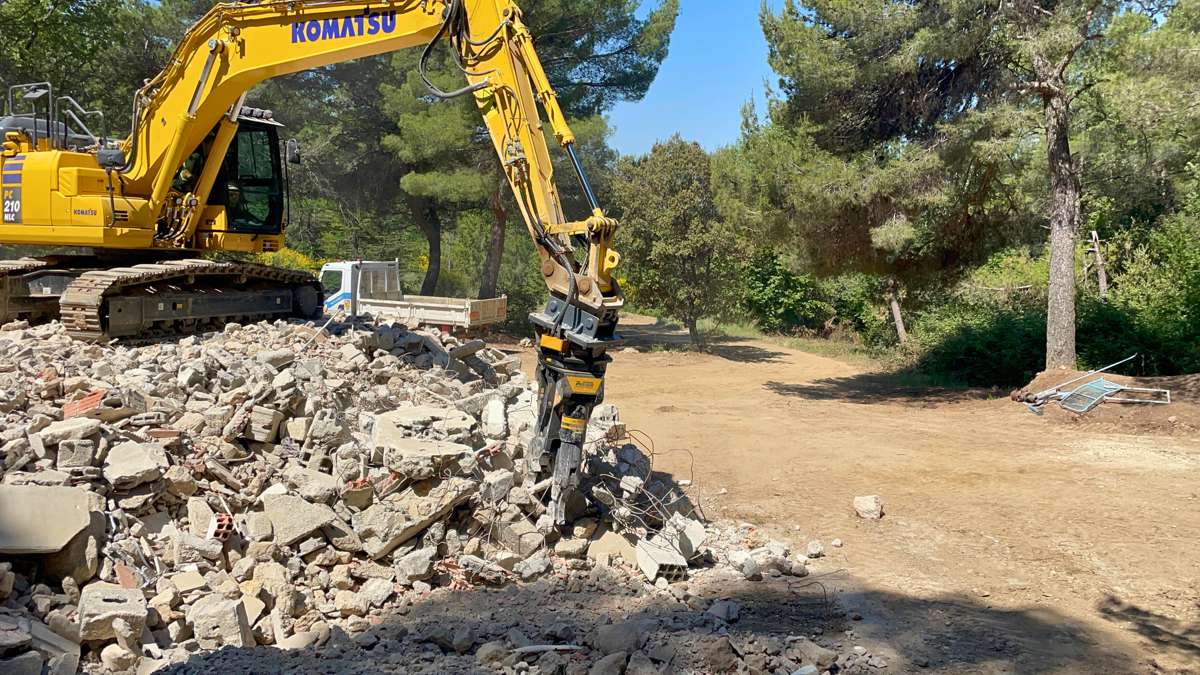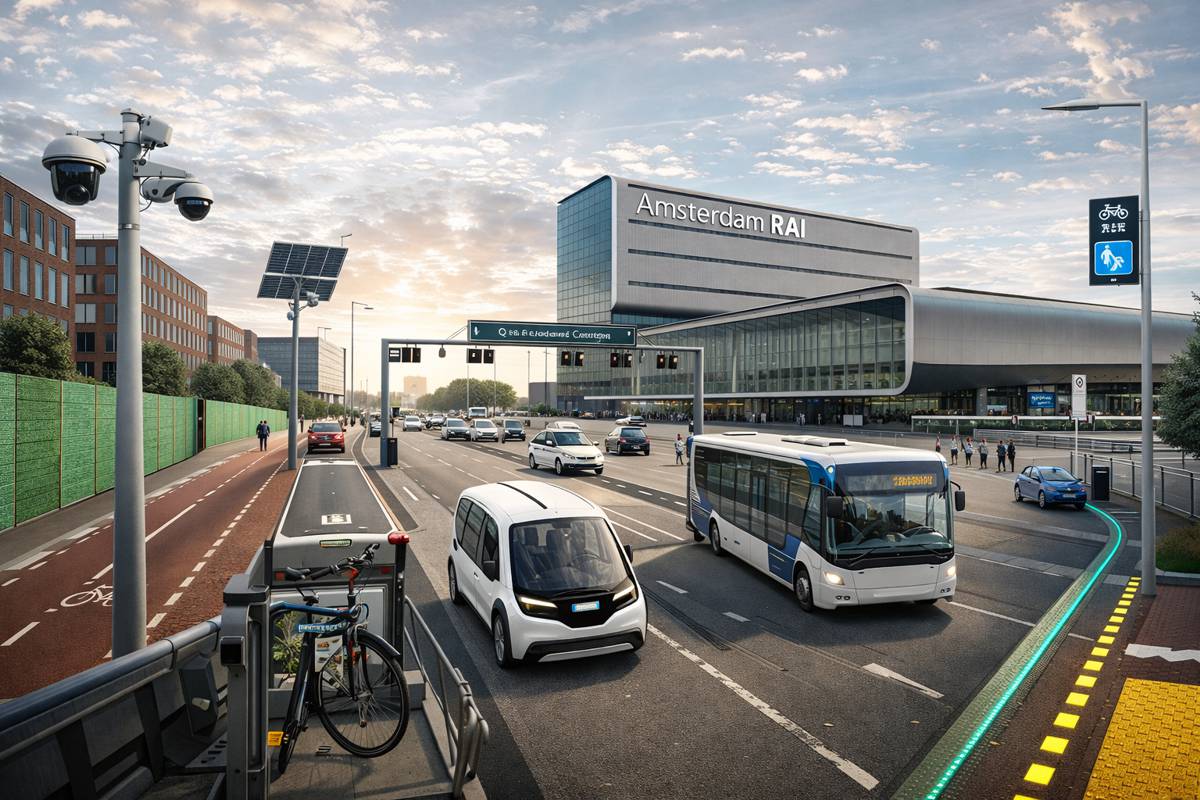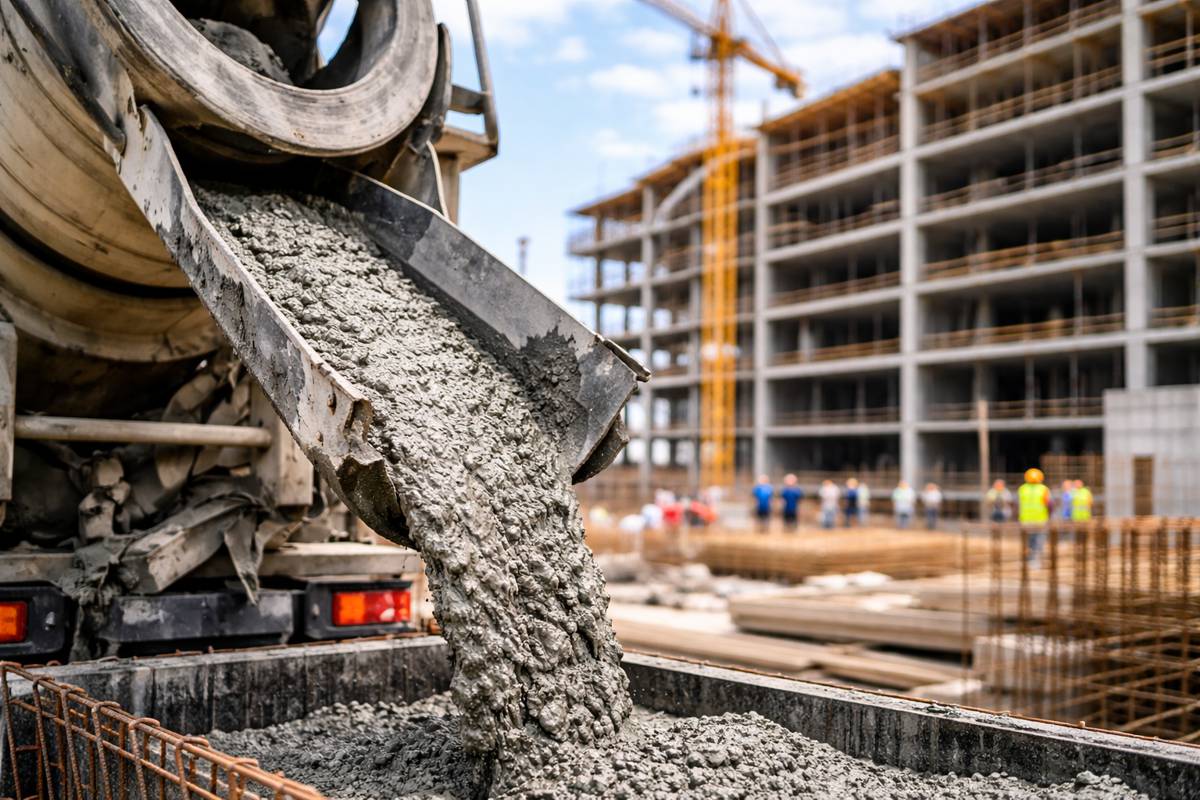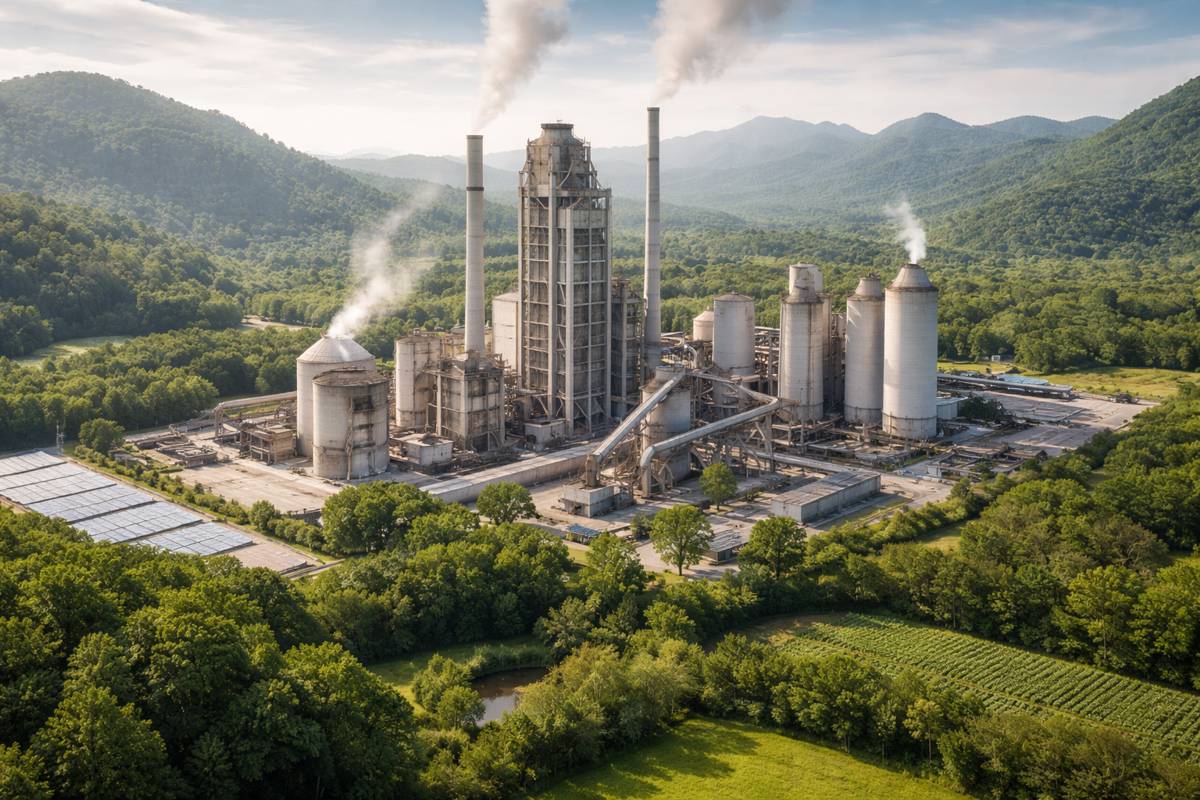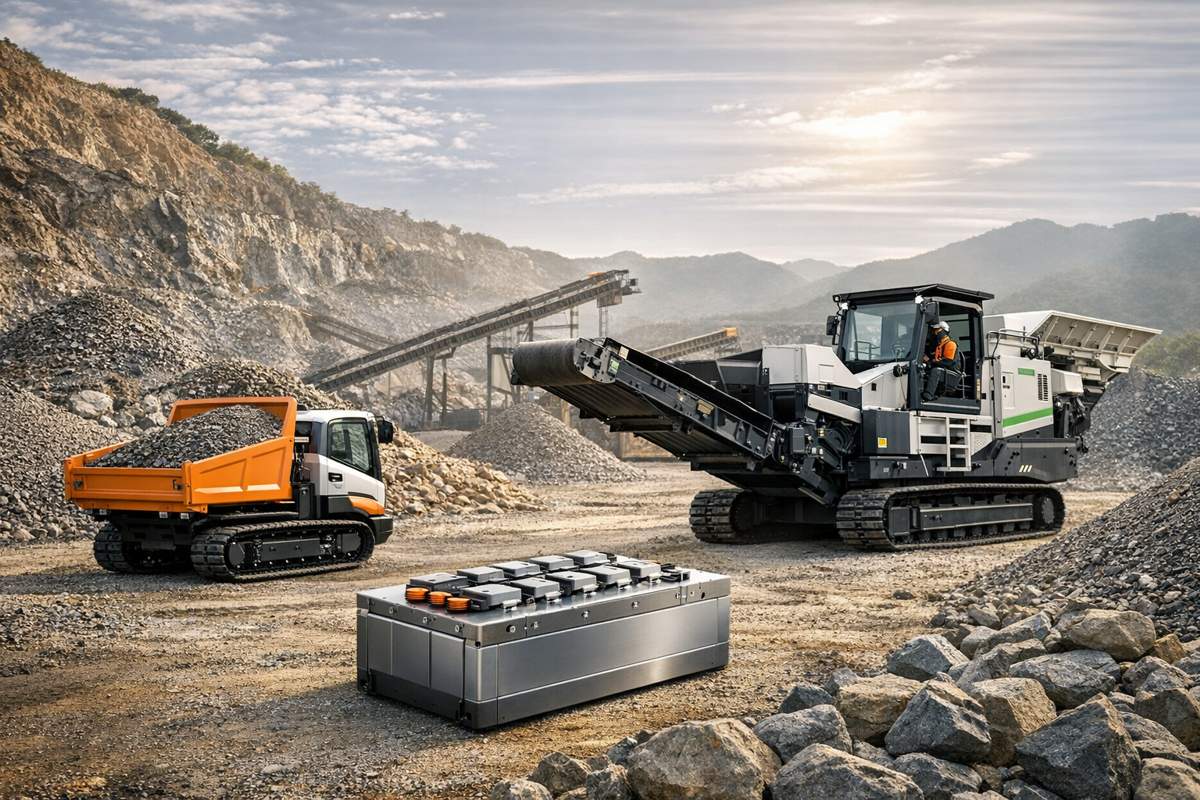Intel identifies key industries to harness tech and slash emissions to reach Net-zero
Resilience First in partnership with Intel have today published a new white paper on ‘Decarbonisation and the role of technology’. This paper outlines how technology and innovation can be harnessed to cut greenhouse-gas emissions and accelerate the path to net-zero by 2050.
The paper shows that urbanisation, aviation, rail, manufacturing and defence can counter the threats and instability posed by climate change through resilience and sustainability best practice.
These industries all face significant challenges to reducing their emissions but are well-positioned to pursue and incorporate technological development.
Its key recommendations include:
- Investment in innovation to drive technologies that accelerate carbon-emission reductions.
- Investment in job upskilling and employment transition.
- Increased cross-silo working in order to deploy faster, more resilient and more universal technological solutions.
The paper includes contributions from experts at the Ministry of Defence, Intel, LSE, Make UK, Arup, Ernst & Young, among others, and follows on from a webinar series hosted by Resilience First and Intel that explored the same topics.
Seth Schultz, CEO, The Resilience Shift, said: “There are tangible and concrete steps that industry leaders can take today to reduce emissions and build a more resilient way of working. We cannot place our hopes on future solutions, we need to start building those solutions with the tech and brain power available to us right now.”
In his forward to the white paper, Adrian Criddle, VP EMEA, Intel Corporation, said: “Intel is pleased to team up with Resilience First to help create this important whitepaper on decarbonization and the role of technology… We see technology as being an essential component in helping achieve net-zero carbon emissions across multiple sectors.”
Jo Lewington MRICS, Chief Environment & Sustainability Officer, Network Rail, said: “Although rail is already one of the lowest-carbon and greenest ways to travel (contributing 1.4% to total UK transport emissions), it is vital that we go further to minimise our use of fossil fuels and become an industry that is powered by low-carbon energy to help tackle the global climate crisis.
“We are working with the wider rail industry to achieve net zero-emissions in line with Government and devolved nations targets. We have set our science-based targets for emissions reductions by the end of each control period across all areas of our operations and we are working closely with our supply chain partners to bring them on this journey with us.”
Jane Toogood, Sector Chief Executive, Johnson Matthey, said: “Innovation will play a significant role in enabling the UK and the world to achieve net zero. However there are plenty of technologies available today that can help to move the needle and mitigate climate change, so it is critical that governments and societies deploy these technologies and follow a ‘learn-by-doing’ approach.”
Stephen Phipson CBE, CEO, Make UK, said: “The industrial sector is at the forefront of wealth creation, prosperity and social value across the globe. It is also at the forefront of solving the societal challenges that all countries face through science, engineering and innovation. As new technologies have catapulted the sector forward industrial decarbonisation is the next frontier and one that the sector must rise to meet given the scale of climate change that we face.”
In his submission to the report, Lieutenant General Richard Nugee CB CVO CBE, Climate Change and Sustainability Non-Executive Director for Defence, UK MoD, wrote: “While some may not think it is relevant to defence, climate change will impact on world stability and geopolitical relationships. As a global leader, the UK should be concerned and act to increase stability and peace as well as reduce its own emissions to a minimum, without damaging its ability to fulfil its purpose.
“The challenge that defence faces is not inconsiderable. The Ministry of Defence’s Scope 1 and 2 emissions – mostly from military equipment and purchased energy respectively – represent half of central government’s total. So, it is completely clear that if the MoD does not achieve net zero, the UK Government cannot either, which is clearly unacceptable.”





















